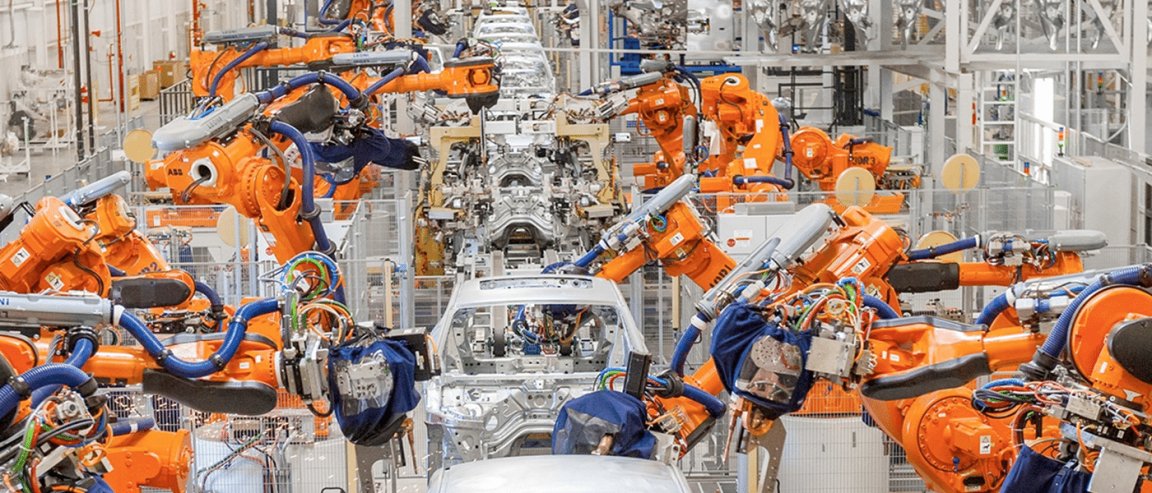
A New Wave of Automation
As the world continues to achieve unprecedented levels of advancement in AI and robotics, we must, at the same time, come to terms with the fact that our fundamental understanding of technology is also being challenged. Technology was once viewed as a tool that drove human progress forward. Today, technology is threatening the employment and job security of millions.
High-profile personalities such as Stephen Hawking, as well as economists, have begun to shine the spotlight on this issue of technological unemployment—the displacement of human jobs by increasingly sophisticated means of automation.

In a column published in The Guardian, Hawking points out that, “[…]the automation of factories has already decimated jobs in traditional manufacturing, and the rise of artificial intelligence is likely to extend this job destruction deep into the middle classes, with only the most caring, creative or supervisory roles remaining.”
Economists are not discounting the fact that globalization is at least partially to blame for unemployment. They cite trade relations with China during the 2000s as an example, which according to researchers from MIT, led to the loss of over two millions jobs. Still, the impact of automation will have a greater, more disruptive effect on the labor force.
The New Economy
Some argue that the situation isn’t nearly as dire as some imagine it to be.
Elon Musk, who believes that rising automation will lead to the implementation of universal basic income, sees it as an opportunity. “People will have time to do other things, more complex things, more interesting things,” says Musk. “Certainly more leisure time.”
It’s also entirely possible that as industries begin to assimilate technology into their business models, that it will create new jobs.
“It’s literally the story of the economic development of the world over the last 200 years…just as most of us today have jobs that weren’t even invented 100 years ago, the same will be true 100 years from now,” argued Marc Andreesen, a venture capitalist who was also responsible for creating Mosaic, the first widely used web browser.
Automation can also serve to complement human skills. As Stefan Hajkowicz illustrated in his article in The Conversation: “Spreadsheets didn’t kill off accounting jobs. On the contrary, smart accountants learned how to use spreadsheets to become more productive and more employable.”
True. But experts think this industrial revolution is different.
Machines right now might be only capable of doing repetitive, formulaic jobs, but even so, it was already enough to displace thousands of human workers. What happens when prototypes of robots that were taught to mimic the human mind become available? It’s not hard to imagine that knowledge-based, creative, and service-oriented jobs will eventually be overtaken as well.
Our society is evolving—this is the inescapable reality, and change is the watchword of our age. Uncertainty and fear are the inevitable corollaries of the enormous changes stealing upon us; we feel as the cotton picker must have felt at the arrival of the cotton gin, or the coachman beholding the first horseless carriage. Some speak of a melding of our biological minds with the mechanical AI we create, and new phases of human evolution; but these are remote fantasies, of small comfort to the man or woman whose livelihood is rendered obsolete by the march of progress.
But our species’ most remarkable trait is its adaptability—with any luck, we’ll weather this storm as we’ve weathered so many before, and doubtless the people of 2117 will marvel at and even long for our quaint, unsophisticated age and our uncomplicated lives.